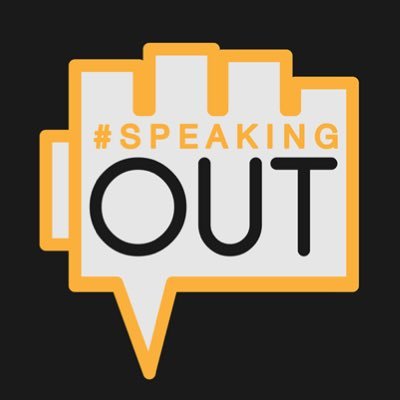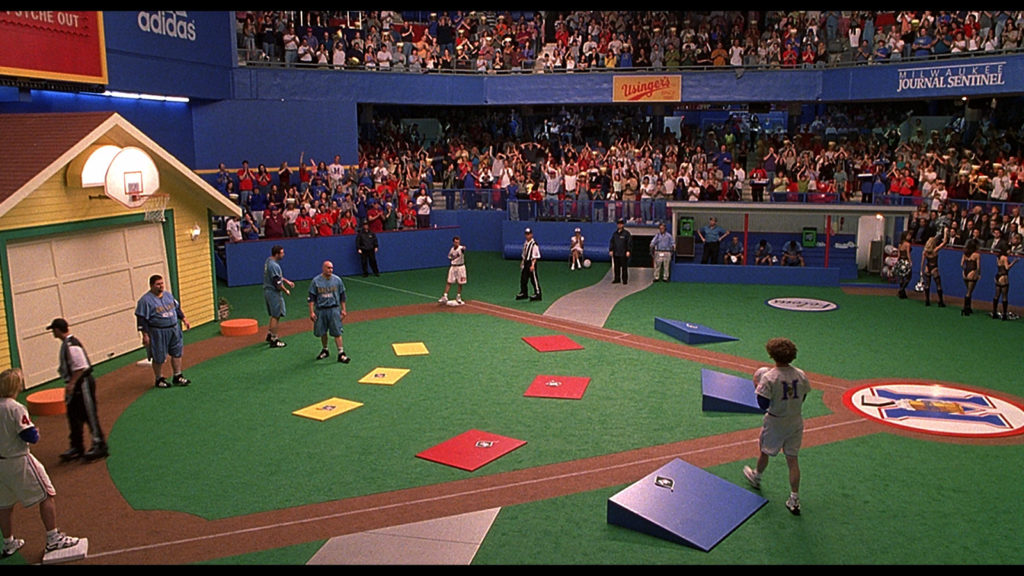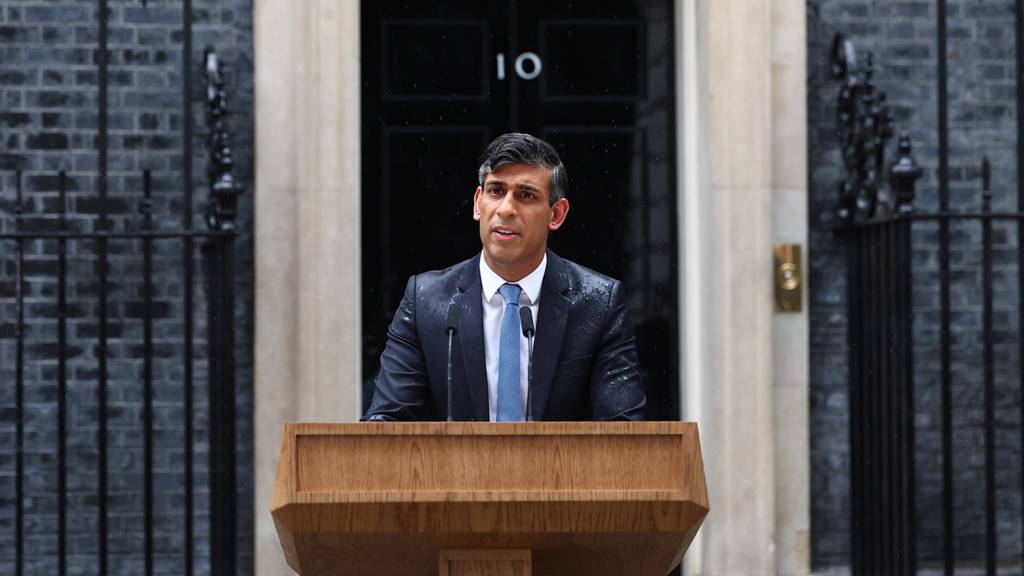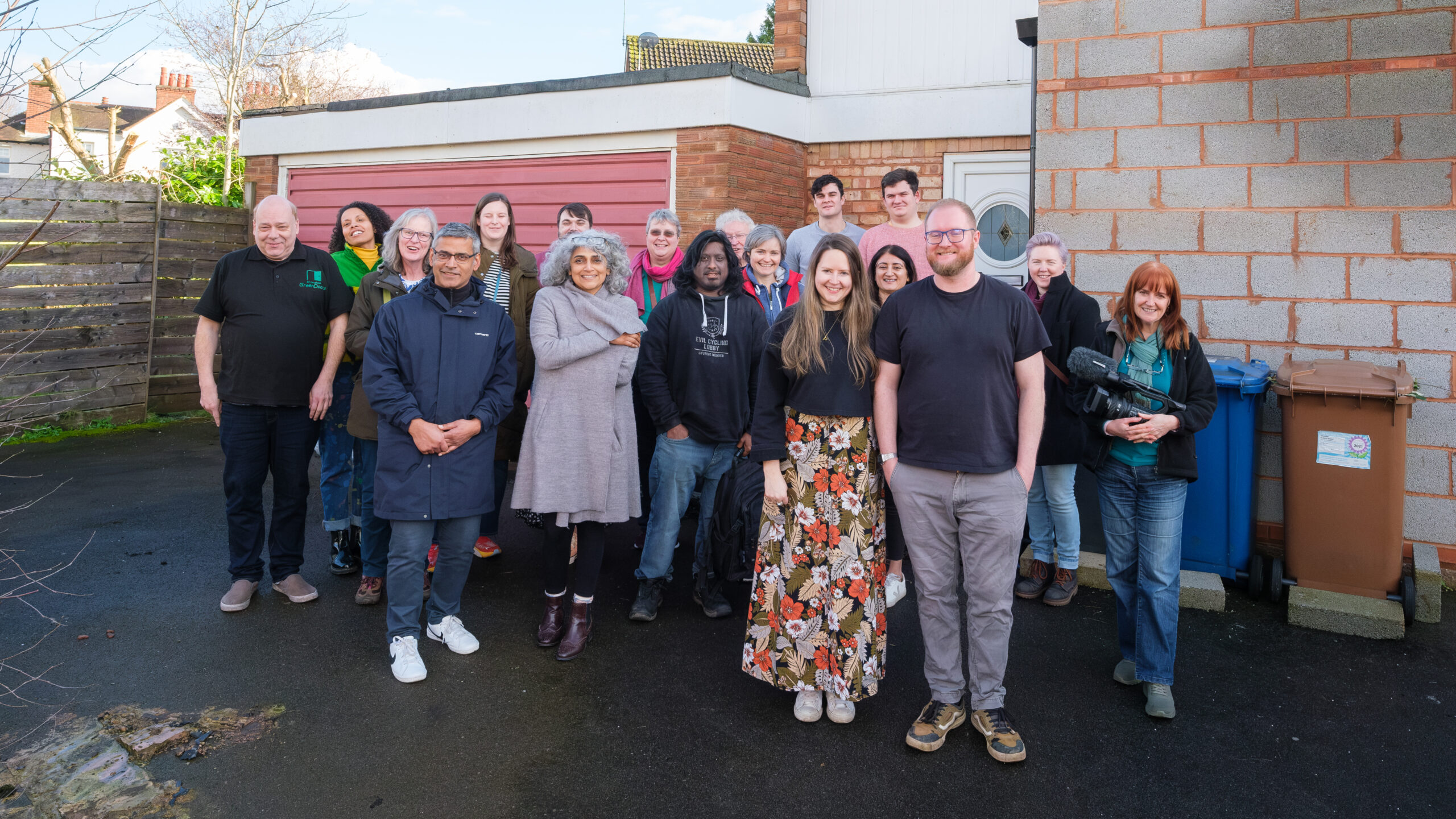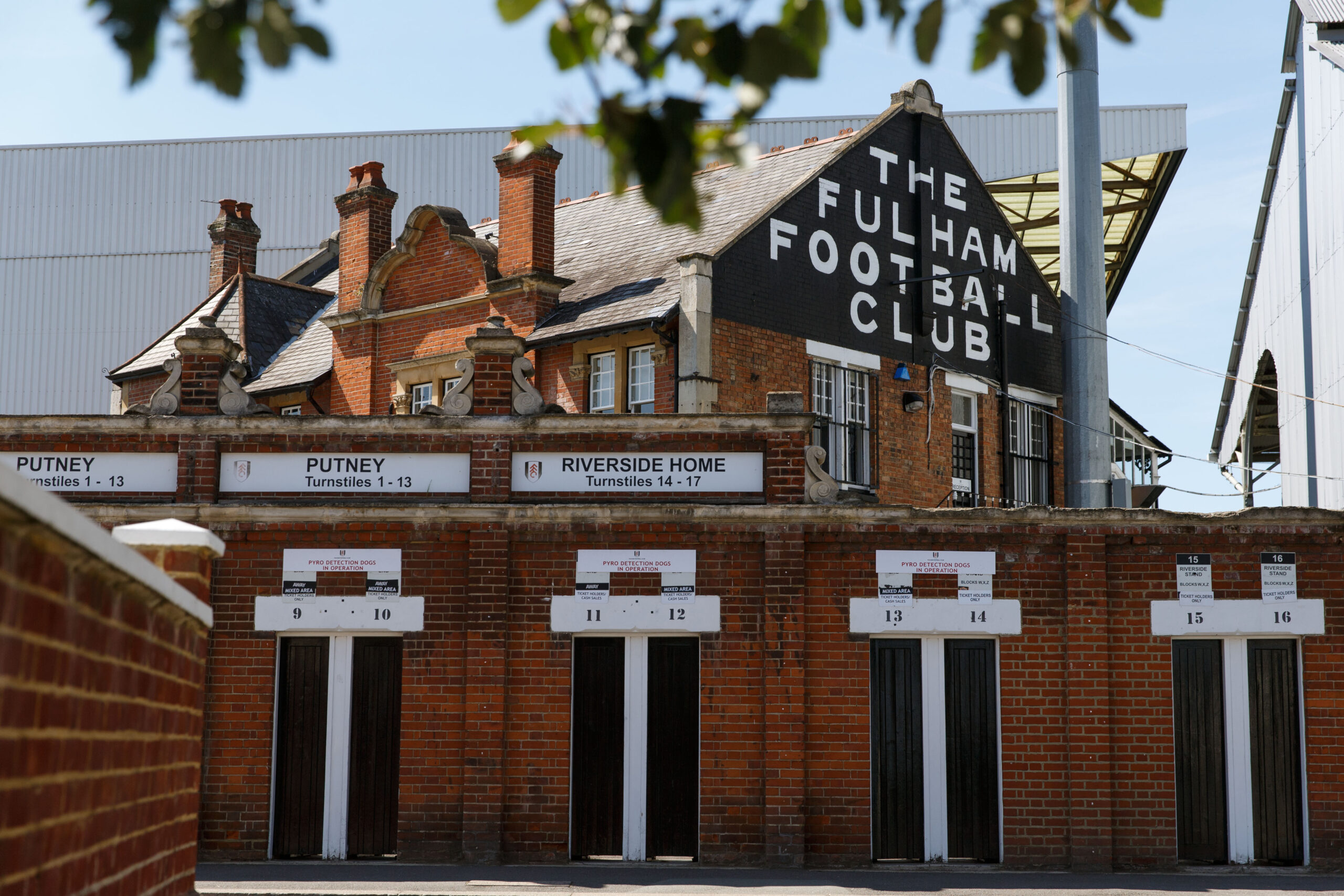Tom Pratt explains the situation
The community of British professional wrestling was rocked last week by a series of, what feels like never-ending, revelations about the behaviour of various individuals towards others- especially vulnerable young women. Each day has seen more women come forward through Twitter using the SpeakingUp hashtag- they describe emotional and mental abuse, domestic violence, bullying, sexual harassment and underage sex. Even a quick glance at the hashtag will reveal at least one lurid story. Women have shared screenshots and videos sent to them by the people they are accusing. It is not limited to just a few people in a certain location; it is endemic. Right across the country, and slowly but surely the world, key figures in professional wrestling have been accused, and action has been taken to ensure that the accused perpetrators are not allowed to return to wrestling, and that proper safeguards are put in place.
A culture of abuse unearthed
Professional wrestling may be pre-determined and often choreographed, but it is still dangerous to perform- anybody can get injured, even from a simple headlock. Consequently, pro wrestling relies on trust: trust in the performers; trust in the personnel who keep shows and companies running smoothly; trust in the trainers to help youngsters living their dream to fulfil their potential. This past week, those who have been accused have been shown to betray that preciously held trust; in many cases, it appears to be an abuse of power. Pro wrestling has long been seen as a “boy’s club”, and all for the advances, and awareness of the needs of female, ethnic minority and LGBTQIA wrestlers and fans, this week’s turmoil shows that that attitude is still rife.
Feeling betrayed
I’ve been a wrestling fan for 20 years, after finding the World Wrestling Federation on Channel 4 on a Sunday afternoon, but it’s only been since 2014 that I’ve developed the passion for watching wrestling shows live and in person. Along with Shaz and other friends, I’ve travelled across the UK and two years we went to Germany to watch a big European wrestling tournament. I’ve met loads of people through it- fans, staff members and wrestlers. I’ve had some great times and seen some great matches. Unfortunately, a good proportion of my memories involve some of those who have been accused of heinous behaviour. I feel a whole range of emotions: grief, anger, despair. Some of the most treasured moments from my wrestling fandom have been tainted- it feels like they were built upon lies. The perpetrators fooled everyone for so long, they took us for idiots. Ever feel like you’ve been cheated?
Can we restore trust?
It’s going to be very hard to restore the trust that I and every fan had in British wrestling and its various characters and organisations. As I said, though, some have taken up the mantle and are already working to make professional wrestling a safer, more professional place. We’ve seen the scandals in football, for example, and how football clubs have developed safeguarding procedures to ensure that abuse is stamped out of the game- pro wrestling has been shown the way. The good thing is that for all the individuals put under the spotlight, there are many more people who want to change things. Of course, for the victims of sexual and emotional abuse, their wounds may never completely heal- but it’s our duty to prevent any more people from being hurt.
Professional wrestling is a community; let’s make it safe again, for everyone to enjoy the show.
Shaz Rahman with Recommendations for structural reform
What has been exposed in the past week is poor governance to the extreme. Serious neglect, ignorance or even active abuse from those in a position of power in the wrestling world. What needs to occur to regain trust from the performers, and fans is structural reforms. We have seen similar scandals in other industries, like the film industry and as Tom mentioned, football. A culture of fear instilled by those in authority to silence those being abused. Self regulation is proven time and time again to fail.
There has to systemic reform. As a director of a number of organisations I have seen first hand the consequences of failing to govern properly. I’ve also spent time as a volunteer in schools, working with pupils and teaching football so I know about safeguarding involving those considered vulnerable. I have some suggestions that could help prevent future structural failures. Preventing individual instances of abuse is almost impossible, but a happier culture where people’s concerns are listened to and valued is achievable. An important thing that is often overlooked. Proper safeguarding will also protect your people who are doing their job properly from false accusations.
10 Recommendations
1) Increase diversity in the senior leadership team. If the people who own and run these companies are all of the same background, they are not likely to understand and empathise the concerns of people from different backgrounds. If you have female trainers, then that is likely to reduce the chance of adult male trainers abusing, vulnerable female trainers. If you have owners who are from an ethnic minority background, they are more likely to take accusations of racism seriously. The same applies with homophobia and anybody mocking people with disabilities. A more diverse team will have different perspectives. Getting rid of the culture of the “lads” has to be top priority.
2) A welfare officer (football terminology). There must be somebody in a trusted position, who can be relied on to look after the needs of the wrestlers, trainees or fans. A culture where it is acceptable to go to somebody when concerns are raised will be a happier culture. A welfare officer is somebody who can be trusted and can potentially be neutral in a dispute.
3) A code of conduct. There needs to be a written statement that everybody involved in the organisation reads and agrees to. The code of conduct will outline what is acceptable and what is now allowed. If somebody signs this, then can not plead ignorance when they are found to be contravening it.
4) Safeguarding training. Anybody in positions of authority should go through some form of safeguarding training. Safeguarding training will teach things like looking out for signs of abuse, knowing what to do when somebody speaks out to you in confidence. Having safeguarding training with a professional will also tell you what you can do when accusations take place.
5) DBS checks. DBS checks will tell you if a person has any convictions or any activity that has been recorded that may make them unsuitable to deal with vulnerable people. Criminal offences should not automatically rule somebody out from working within a wrestling company, but certain crimes should not be tolerated.
6) A whistleblowing policy. This could tie in with the welfare officer. If there is a process where somebody can report abuse without fear, they can then have confidence that their concerns will be taken seriously.
7) Separate Changing rooms. If men and women are having to change together, this opens up the opportunity for inappropriate behaviour. Having separate areas will make potentially vulnerable people feel more confident that they will be safe
8) Recognising Unions. Unions are controversial within professional wrestling. Mainstream companies have fought the Unionisation of the industry and the most high profile proponent of Unionisation in wrestling has had accusations landed against him. However, Unions like Equity can help. They will have safeguarding policies, conflict dispute teams etc that their members will have access to. If your wrestlers are Unionised then they can have access to this support, and the Union can provide advice to avoid the situations that has been unearthed.
9) ACAS. ACAS provide free advice for the workplace. They have policy templates, a phone line that gives advice on employment issues and much more. Most wrestling companies are run as hobby businesses. A full HR team is not a viable option, but putting in the work to adapt some policies from ACAS is an investment worth taking in the long term.
10) Build trust again. This will be difficult and will take a long time. Not all of the recommendations are feasible, but if the leadership teams do all they can to reform, then trainees, wrestlers and fans will have more confidence in the rebuild. If wrestling companies do not do all that they can in the short term to rebuild, they will not regain trust from everyone involved. It’s the only way that the British Wrestling scene can restart once allowed, otherwise nobody will return.
If you would like to help the victims of abuse like the ones affected by this scandal, please consider donating to Victim Support. They do amazing work in helping those affected by abuse.

